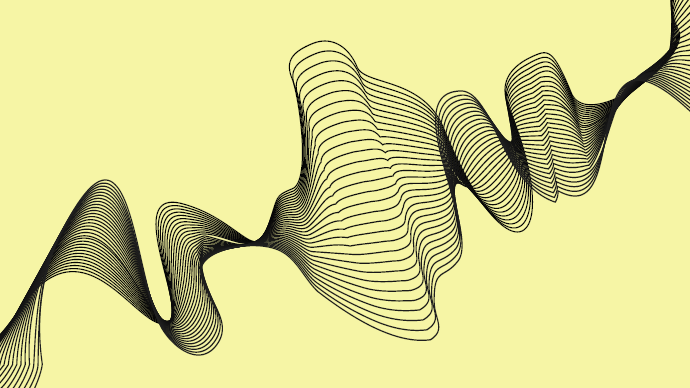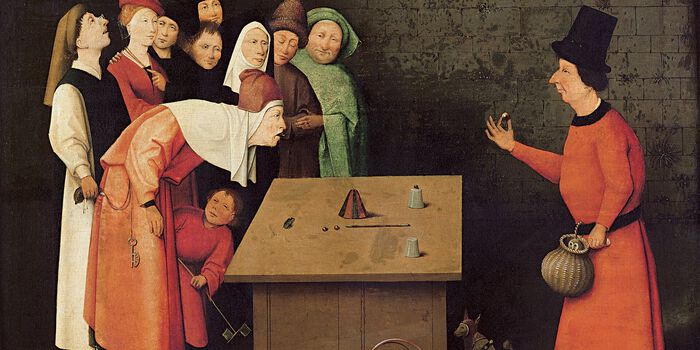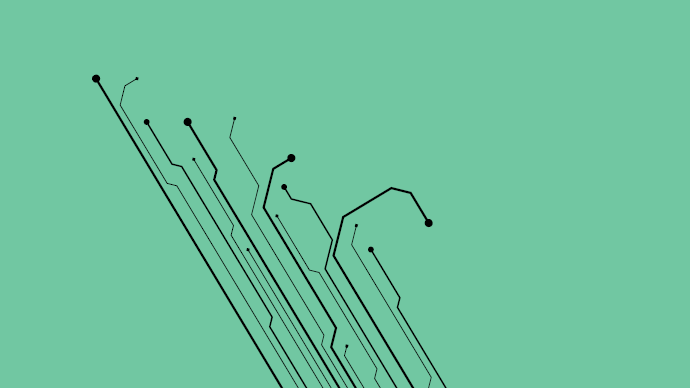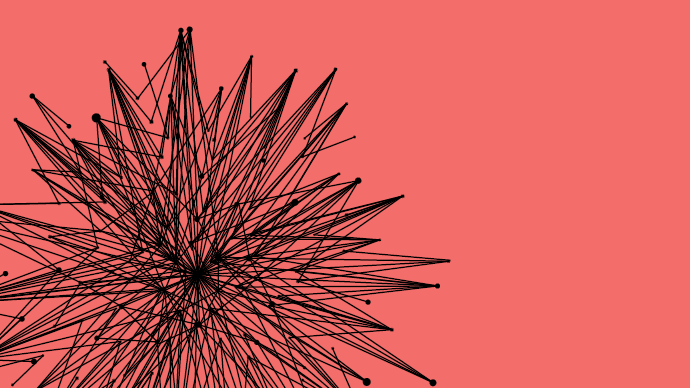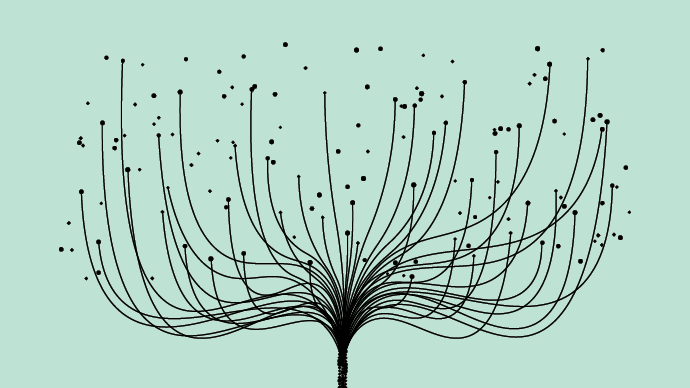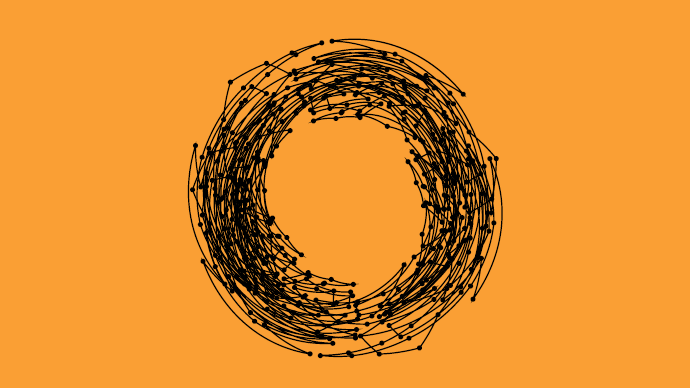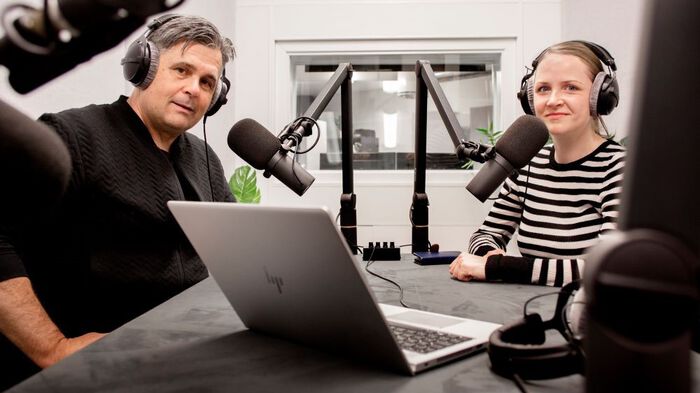Previous events - Page 3
We want to invite you to an open evaluation with our PhD-fellow in Cultural History studies Zsolt Györegy. To comment on the candidates work, we have invited Professor Lisa Voigt from the Department of Spanish and Portuguese at Yale University.
We want to invite you to an open evaluation with our PhD-fellow in Environmental studies Nhung Lu Rots. To comment on the candidates work, we have invited Researcher Arve Hansen at Centre for Development and the Environment (SUM) at the University of Oslo
Working title: How YouTube plays a part in youths search for group membership and identity
Text development seminar in area studies organized by Professor Ljiljana Saric at ILOS. The text development seminar is a compulsory component of the PhD programme.
Get a fundamental understanding of how to use Python programming and an introduction to simpler tools such as Voyant and DH-Lab apps to text mine corpora.
Advanced course in methods: This is part two of a two part course on texts in historical contexts. Each course can be taken independently, but it is strongly recommended to take both.
EndNote is a reference management software package, used to manage bibliographies and references when writing essays, reports and articles.
NVivo is a powerful tool for organizing and structuring your material for qualitative analysis. Learn how to code and retrieve in NVivo and get an introduction to useful NVivo functionalities.
Open research is the new normal, but how to navigate this landscape? This course will help you map out some key concepts by giving you an introduction to UiO policies, infrastructure, and support for open research.
Scholars in the humanities partake in peer review on a regular basis, either as authors or as reviewers. This course considers the peer review process in academic journals, and offers valuable insights from experienced researchers.
This advanced course in theories of knowledge foregrounds the development of major debates within literary and cultural theory. The aim is to enable PhD Fellows to articulate and perhaps defend more persuasively the theoretical assumptions upon which their own PhD projects are based.
Learn about what Data Management Plans (DMPs) are and how to write one!
This workshop gives an overview of the elements and genre expectations of the curriculum vitae (CV) and time for hands-on work developing the participant’s own CV.
How and why do researchers disseminate knowledge to a general, non-specialist audience? The course offer hands-on training of writing skills for a general public, as well as academic reflection on news and current affairs media as arenas for research dissemination.
The compulsory course for all PhD candidates takes a broad approach to ethical issues in the humanities. It ensures that all candidates are familiar with the norms that constitute and regulates scientific practice and secures research integrity.
Advanced course in theories of knowledge: This is part one of a two part course on texts in historical contexts. Each course can be taken independently, but it is strongly recommended to take both.
Are you writing something? Of course you are! Join Writer's Hours, a low threshold, socially guaranteed artificial environment for concerted writing during HF PhD Week and get some work done!
Crafting Compelling Narratives, Designing Impactful Slides, and Delivering Convincing Talks
Advanced course in Research Ethics: This doctoral course explores the complex legal and ethical challenges related to academic freedom, personal dignity and the right to privacy that arise when studying and writing about the lives of people. Throughout this course, doctoral fellows and faculty in the humanities will share their own research experiences, shedding light on the various problems they encounter and the solutions they chose when disseminating their findings.
The aim of this course is to encourage reflection on art objects understood as aesthetic objects. Key questions will engage with the kind of knowledge an aesthetic approach can impart and notions of art as artwork or as experience.
Advanced Course in Theories of Knowledge.
Zotero is a smart reference and research tool suitable for collaboration. In this workshop, you will learn how to collect, organize, and share your bibliographies, cite as you write, and mark up and annotate your research material.
Are you writing something? Of course you are! Join Writer's Hours, a low threshold, socially guaranteed artificial environment for concerted writing during HF PhD Week and get some work done!
This course identifies the “kappe” as a distinct element of the full body of work in an article-based PhD dissertation and offers conceptual and practical perspectives on how to position the “kappe” and how to write it.
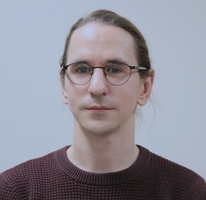
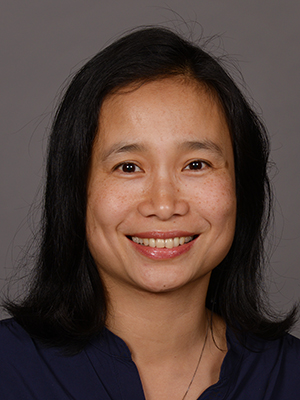
.jpg?alt=listing)
